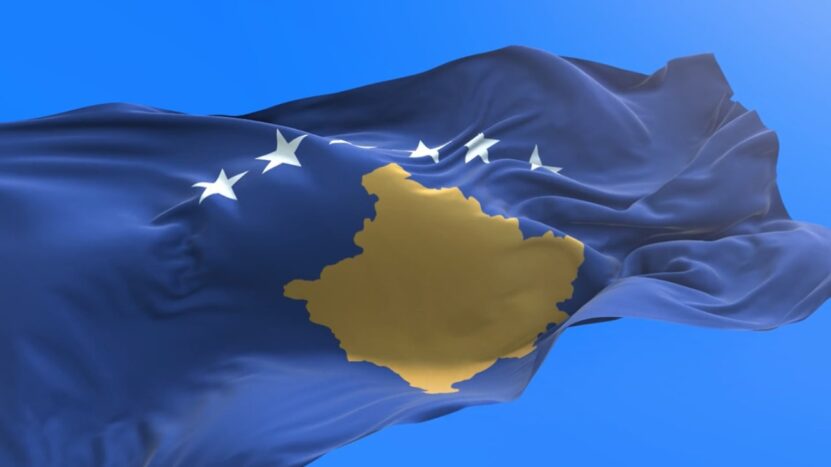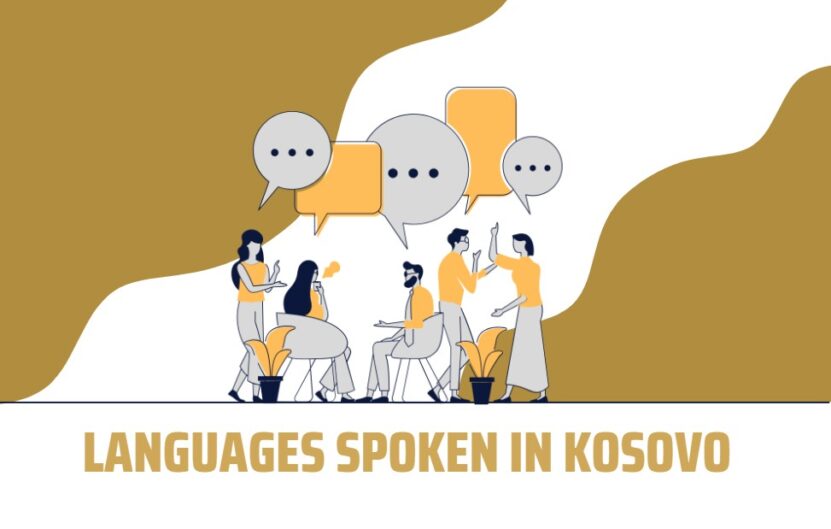Nestled in the heart of the Balkan Peninsula, Kosovo has long been a melting pot of cultures, religions, and languages. This landlocked nation, known for its breathtaking landscapes and rich history, boasts a linguistic diversity that is nothing short of remarkable.
From the official languages of Albanian and Serbian to the lesser-known gems of Bosnian, Turkish, and Romani, the array of languages spoken in Kosovo weaves a fascinating tapestry that reflects its complex past and its dynamic present.
In this article, we will take an in-depth look at the languages spoken in Kosovo, exploring their history, unique features, and the role they play in the country’s society and culture. So, sit back and join us on this linguistic journey as we unravel the rich tapestry of languages that make Kosovo the vibrant, diverse nation it is today.
The Official Languages
1. Albanian: The Majority Language
Albanian, an Indo-European language, is the most widely spoken language in Kosovo, with around 92% of the population claiming it as their mother tongue. The Albanian language can be divided into two main dialects: Gheg and Tosk, with Gheg being the predominant dialect in Kosovo.
The Albanian language has a long history in the region, with the earliest known written records dating back to the 15th century. The unique features of Albanian include a rich system of noun declensions, the use of a distinct set of phonemes, and its unique vocabulary, which has been influenced by a variety of languages, such as Latin, Greek, and Slavic.
2. Serbian: A Language of Significance
Serbian, a South Slavic language, is the second official language of Kosovo, spoken by around 4% of the population, primarily by the Serbian ethnic minority. Serbian uses both the Cyrillic and Latin scripts, although the Cyrillic script is more commonly used in the Serbian-speaking areas of Kosovo.
Serbian has a long history in the region, having been the official language of the medieval Serbian state and later the official language of the Kingdom of Yugoslavia and the Socialist Federal Republic of Yugoslavia, which included Kosovo.
The Serbian language is characterized by its complex grammar, which includes seven cases, and a rich vocabulary that has been influenced by many other languages, such as Old Church Slavonic, Turkish, and German.
The Minority Languages

1. Bosnian: A Slavic Sibling
Bosnian, another South Slavic language, is spoken by the Bosniak ethnic minority in Kosovo. Closely related to Serbian and Croatian, Bosnian is distinguished by its unique vocabulary, which has been influenced by Ottoman Turkish, Persian, and Arabic, reflecting the historical presence of the Ottoman Empire in the region.
2. Turkish: Echoes of the Ottoman Past
Turkish, a member of the Turkic language family, has been spoken in Kosovo since the 14th century, when the region became part of the Ottoman Empire. Today, Turkish is spoken by a small but significant minority of Kosovars, primarily in the Prizren, Gjilan, and Mamusha regions.
The Turkish language is characterized by its agglutinative grammar, which involves the addition of suffixes to a root word to convey grammatical relationships and a rich vocabulary that has been influenced by a variety of languages, such as Persian, Arabic, and French.
3. Romani: The Language of the Roma People
Romani, an Indo-Aryan language, is spoken by the Roma ethnic minority in Kosovo. Romani is believed to have originated
in India around 1000 years ago, with the Roma people gradually migrating to Europe and eventually settling in the Balkans, including Kosovo. The Romani language is characterized by its distinct grammatical features, which include a complex system of noun declensions and verb conjugations, as well as its unique vocabulary, which has been influenced by numerous languages, such as Greek, Romanian, and various Slavic languages.
4. Gorani: A Lesser-Known Slavic Treasure
Gorani, a South Slavic language, is spoken by the Gorani people, a small ethnic minority residing primarily in the Gora region of southern Kosovo. The Gorani language is closely related to Macedonian and Bulgarian and has been influenced by both Albanian and Turkish.
The language is noted for its unique vocabulary, which includes many loanwords from the aforementioned languages, as well as its distinct phonetic features.
The Role of Languages in Kosovo’s Society and Culture

Language and Identity
In Kosovo, language is more than just a means of communication; it is a powerful symbol of identity, history, and cultural affiliation. For many Kosovars, speaking a particular language is a way to express their connection to a specific ethnic or cultural group, as well as their solidarity with their ancestors and their shared history.
This strong connection between language and identity has, at times, led to tensions between different linguistic and ethnic communities in Kosovo. However, it has also contributed to the richness and diversity of Kosovo’s cultural landscape, as each language carries its unique traditions, customs, and expressions that enrich the country’s collective heritage.
Language Education and Policy
Kosovo’s government recognizes the importance of linguistic diversity and the rights of its citizens to learn and use their native languages. As a result, the country has implemented policies that promote and protect the use of minority languages in education, public administration, and media.
For example, minority language schools are funded by the government, and public documents and media are available in multiple languages.
Additionally, the government has taken steps to promote the learning of the official languages, Albanian and Serbian, among all citizens to foster greater mutual understanding and social cohesion.
The Role of Languages in the Arts and Media
Kosovo’s diverse linguistic landscape is also reflected in its thriving arts and media scene. Literature, music, and film in Kosovo are often created in multiple languages, showcasing the country’s linguistic diversity and providing a platform for artists to express their unique cultural identities.
In recent years, Kosovo’s film industry has gained international recognition, with several films garnering critical acclaim and awards at major film festivals. These films often explore themes related to identity, history, and social issues, with language playing a central role in the storytelling process.
Final Words
Kosovo’s linguistic tapestry is a testament to the nation’s rich history and its dynamic, multicultural society. From the majority languages of Albanian and Serbian to the lesser-known but equally fascinating minority languages, each thread in this tapestry tells a unique story of a people, a culture, and a land that has been shaped by centuries of interaction, migration, and change.
By exploring and celebrating the diverse languages spoken in Kosovo, we can better understand the complex and beautiful mosaic that is this remarkable nation and appreciate the power of language to shape our identities, our cultures, and our shared human experience.

